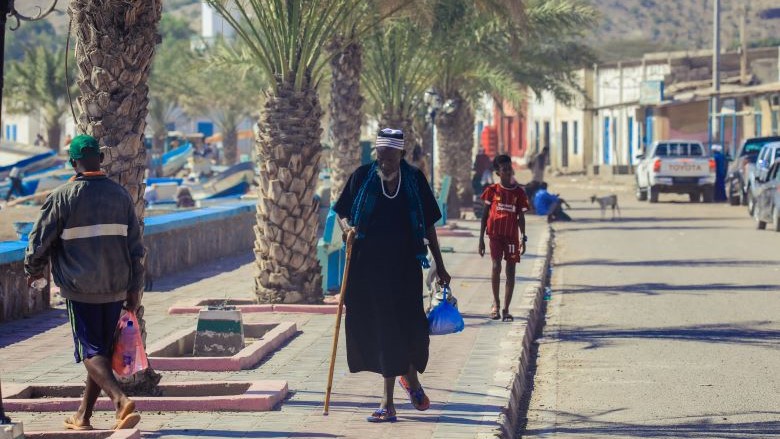Djibouti’s economic activity recovered in 2021, driven by a rebound in global and regional trade demand for transshipment and logistics. In line with the economic recovery, poverty is expected to resume its downward trend in 2021 after a modest increase in 2020.
Recent Developments
Djibouti’s growth prospects depend critically on Ethiopia’s political and economic conditions, as well as continued reforms to maintain the country’s competitive edge in transportation. The resumption of the Ethiopia-Djibouti railway activities — which connects Ethiopia to Djibouti Ports that had been affected by the COVID-19 pandemic — were the main driver of the rebound. On a year-to-year basis, headline inflation recorded a moderate increase of 0.6% at the end of June 2021.
Outlook
Despite the considerable uncertainty, the economic outlook remains positive. GDP growth is expected to reach 5.6% in 2022 and 6.2% in 2023. Key drivers will be the rebound of global trade that would drive re-exports and demand for Djibouti’s transshipment and logistics. Construction and public works activities are also expected to drive growth, boosted by the ongoing and planned constructions and the development of the Damerjog Industrial free zone. The current projected GDP levels suggests that poverty should resume its downwards trend from 14.7% in 2020 to 12.5% in 2023, provided Djibouti’s growth and job creation rates are both inclusive and equitable.
